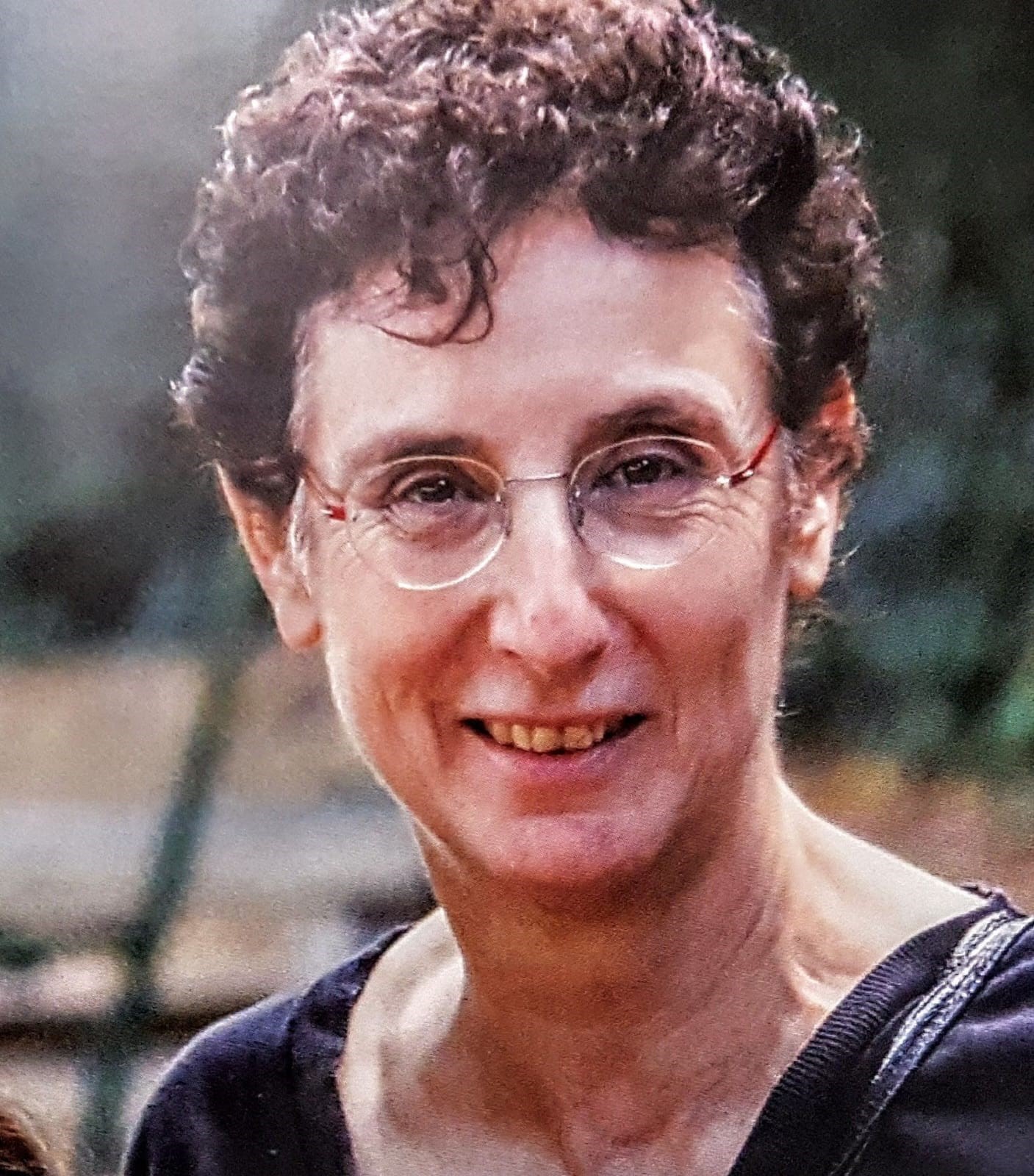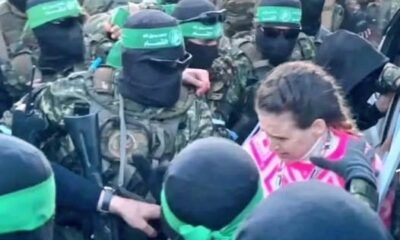
OpEds

Bring them home now
Every Israeli clearly remembers where they were on 7 October 2023. I was at home in Tel Aviv watching television, and saw a conversation between a journalist and a young woman begging for help to rescue her father, whom she saw on the Telegram app being abducted from his home by Hamas and taken to Gaza. I felt her pain, and that feeling hasn’t left me. One year on, I’m convinced that Israel and the international community have to do their utmost to bring them home now.
After the Hamas invasion, it took a long time for Israeli security forces to regain control of the area. Until then, 1 200 Israelis on kibbutzim and in towns in southern Israel were murdered in the most brutal manner. Hundreds of young people who came to the Nova festival were murdered by indiscriminate gunfire. The atrocities included rape, looting, murder, burning houses with their inhabitants, and abducting to Gaza 256 people of 28 nationalities. These included babies aged nine months and the elderly, aged 85. Among the hostages were entire families, siblings, spouses. Most were civilians who were torn from their beds during a religious holiday and kidnapped while still in their pyjamas.
Hamas took living hostages as well as the bodies of those they murdered. The tragedy that day affected the whole of Israeli society. Israel is a small country, everyone knows everyone else, and soon, the names of the kidnapped emerged. Many of the atrocities were documented by the terrorists themselves and posted on social media, mainly on Telegram. In Gaza, terrorists bringing hostages were welcomed joyfully as heroes.
The Israeli public immediately mobilised to help evacuees from communities in the south who could no longer live in their destroyed and burned communities as well as other victims. One of the initiatives of civil society was The Hostages and Missing Families Forum, which brought together hundreds of volunteers from various sectors of Israeli society. The project has been active for almost a year, and aims to help the families of victims and bring all of the hostages home. I joined a group of former Israeli diplomats who searched for any diplomatic means to bring the hostages home.
All attempts to obtain information about the condition of the hostages or to transfer medication to them through the Red Cross failed. Today, we know that even the transfer of medicines to the residents of Gaza, which was mediated by France and included drugs for the hostages, didn’t succeed, and the drugs didn’t reach their destination. We also know with certainty the conditions in which hostages are held, especially those in tunnels dozens of meters below ground. They lack minimal sanitary conditions, have almost no food or water, and are under severe psychological pressure. Many of the hostages are from communities destroyed on 7 October, with family members killed, houses burned, and their communities scattered throughout the country.
Hamas murdered Jews and Arabs. Muslim Bedouins were murdered and kidnapped just like their Jewish neighbours, and Israeli peace activists who had worked for years towards Israeli-Palestinian coexistence were likewise murdered and kidnapped.
In November, a deal returned some hostages to Israel, and a small number were released by the Israeli army. From their physical and mental state, it’s clear that the immediate release of the remaining hostages and their return to their families in Israel and around the world is essential and urgent.
One hundred and one hostages remain in subhuman conditions in the tunnels of the Gaza Strip. Time works against them even as the suffering of their families grows. We must continue to demand justice, peace, and tranquillity. But more than anything, we must demand the immediate release and return of the hostages.
It’s an unprecedented humanitarian crisis that cannot be compared to anything we know, or placed into any political equation. It’s not enough to declare this a goal in a United Nations Security Council resolution, it must be done now. The hostages no longer have time, air, or food. They don’t see the light of day, perhaps some die every day.
The release of the hostages must be the main objective of Israel and its people. For the international community, there is also a challenge, a moral and ethical obligation, a fundamental duty to do everything, absolutely everything, to demand and ensure their release.
- Liora Herzl is a senior Israeli diplomat who previously served as Israel’s ambassador to Norway. Since 7 October, she has been volunteering in the diplomatic department of The Hostages and Missing Families Forum.










